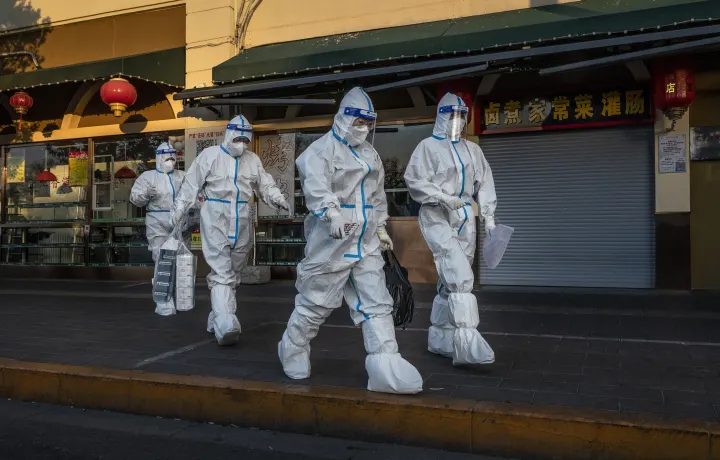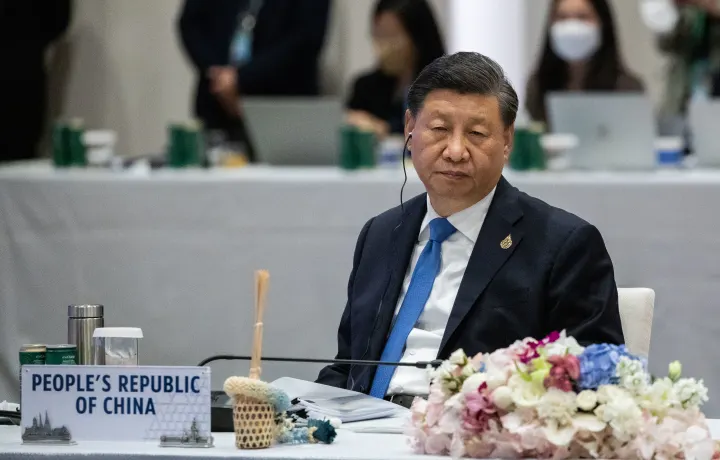
China’s protests: Why are they so important?
Updated

Curated by Laura McDermott
Articles from 4 publishers
4 articles on this topic
Editor's Note
Limitations on political freedoms in exchange for stability and economic growth; this longstanding social contract between China's government and its people is shifting, The New York Times analyzes.
Politics
9 min readPolitics
6 min readPolitics
4 min readPolitics
7 min read






